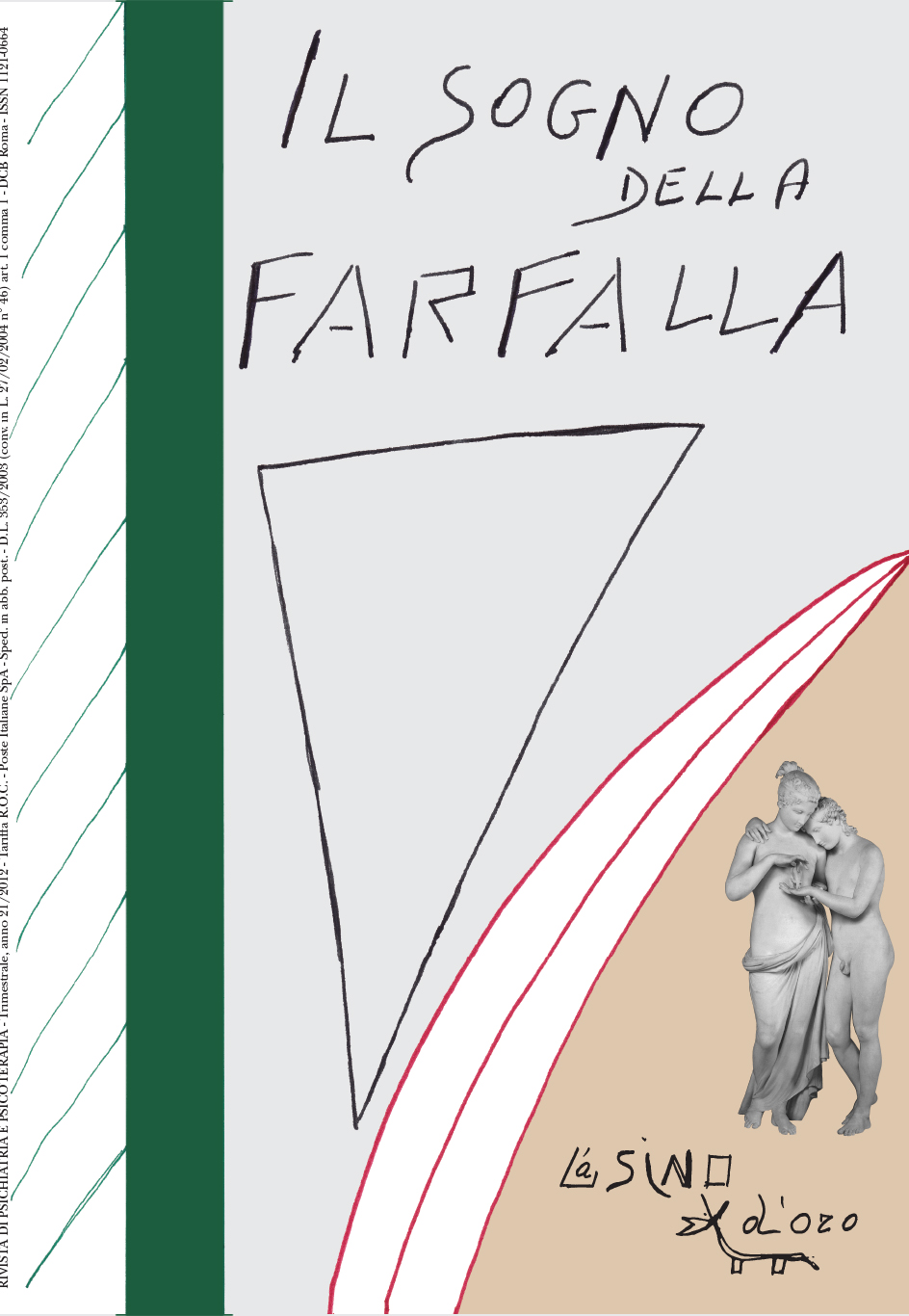Forgetting a child in the car: the wisdom of words
Abstract
The author begins the article by stating the inappropriate use of the words “to forget” and “forgetfulness” when referring to describe a child abandoned in a car under the blazing sun. She particularly speculates about this wrong use, since the concept of “annulment pulsion” was elaborated by Massimo Fagioli decades ago. By tracing back the history of the words “oblivion” and “memory”, the author demonstrates how since ancient times the ars memoriae conceived the mind as a physical space, a place. This spatial conception of the mind was widely spread among many philosophers such as Agustin, Giordano Bruno but also Descartes, Locke, Kant and Freud. This latter, in particular, was the founder of the psychoanalysis which is based on a process of uncovering what had been repressed. According to Freud, the amnesic trace does not disappear but is rather repressed (verdrängt in Freud’s language, that means “pushed away”). However, based on the Human Birth Theory framework, the mind expresses itself as movement throughout time: the amnesic trace disappears and then reappears. Understanding the mind as movement rather than space allows the comprehension of how a child can be unconsciously annulled.


